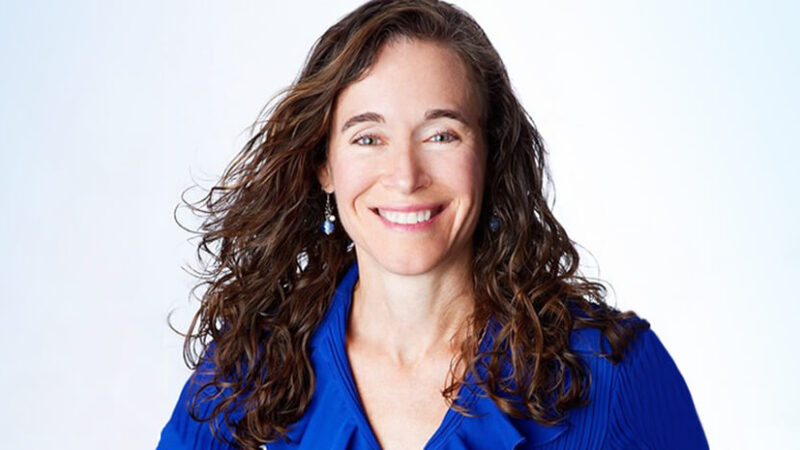Melissa Bernstein: Finding Meaning and Creating from L...
Through the wonderful, timeless toys she has created with her husband and their company, Melissa & Doug, Melissa Bernstein has sparked a brilliant imaginative light in the lives of thousands of children (and their parents!). Yet before the runaway success of the business, Melissa struggled with deep angst and inner darkness. In this podcast, Tami Simon speaks with the Entrepreneur in Residence for Sounds True’s Inner MBA® program about consciously choosing to follow your creative spirit over your inner critic—whether or not you’re a business owner.
Aspiring entrepreneurs and creatives of every stripe will love this conversation about: breaking free from perfectionism; how it’s not a blessing or a curse—it’s a “blurse”; Viktor Frankl and existential analysis; finding the flavors in your own “pie of meaning”; Melissa’s two faucets of creativity; the battle between the head and the heart; turning the ordinary into the extraordinary; intuition versus ego; overcoming a victim mindset; accepting the full spectrum of our emotions; curiosity and connecting the “dots of experience” as an entrepreneur; the analogy of the mind as a very large kitchen; the “keep moving” philosophy (even if it’s backwards); handling marketplace rejection; two critical elements of business success: clear focus and a valuable product; the inner growth necessary for business people; extending lifelines to each other; and more.
Note: This episode originally aired on Sounds True One, where these special episodes of Insights at the Edge are available to watch live on video and with exclusive access to Q&As with our guests. Learn more at join.soundstrue.com.





